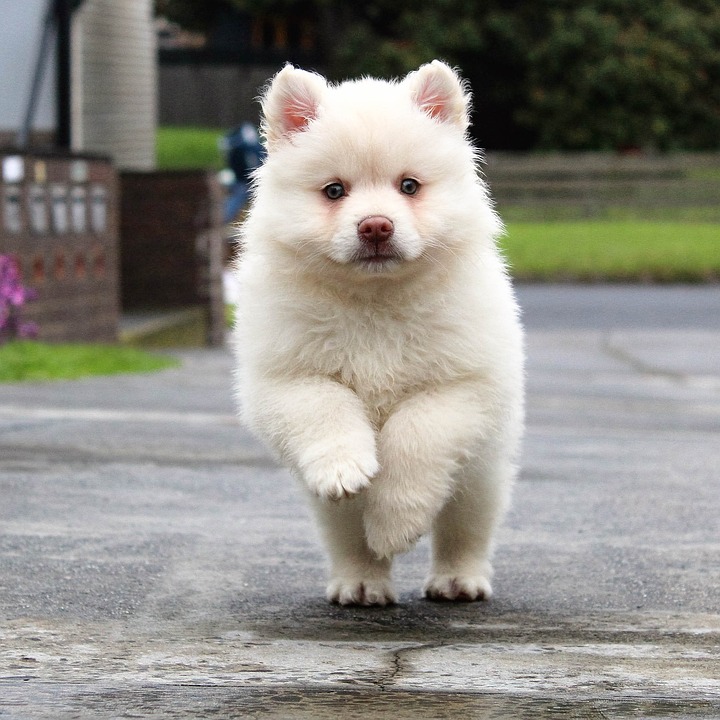Excessive licking or biting of paws in dogs can be a cause for concern for many pet owners. While occasional paw licking is normal, persistent and obsessive behavior can indicate an underlying issue. Understanding the reasons behind this behavior and how to address it effectively is crucial for responsible dog owners.
One possible cause of excessive paw licking or biting is allergies. Dogs can be allergic to various things, including certain foods, pollen, dust mites, and materials they come into contact with. These allergens can lead to itchy paws, prompting dogs to lick or bite them excessively. Identifying and managing these allergens can help alleviate the behavior.
Parasites such as fleas and ticks can also irritate a dog’s paws, causing them to lick or bite excessively. Regular flea and tick prevention is essential to prevent infestations and the discomfort they may cause.
Skin infections, whether bacterial or fungal, can also contribute to excessive paw licking or biting. These infections may occur due to allergies, moisture accumulation, or other underlying health conditions. Proper hygiene and regular cleaning of your dog’s paws can help prevent these infections.
Anxiety or stress can be another underlying cause for excessive paw licking or biting. Dogs may resort to this behavior as a coping mechanism. Separation anxiety, changes in the household, or traumatic experiences can trigger this behavior. Providing mental and physical stimulation can help alleviate anxiety and prevent boredom-related behaviors.
When dealing with excessive paw licking or biting, it’s important to consult with a veterinarian. They can help identify any underlying health issues and recommend appropriate treatment. Maintaining proper hygiene, including regular cleaning and inspection of your dog’s paws, is also essential.
If allergies are suspected, your veterinarian may recommend an elimination diet or allergy testing to identify specific triggers. Adjusting your dog’s diet or removing allergens from their environment can help alleviate symptoms.
Engaging your dog in mentally stimulating activities, such as interactive toys, puzzle games, and regular training sessions, can divert their attention from paw licking or biting. Additionally, keeping your dog’s paws dry after walks or playtime in wet conditions can prevent moisture accumulation and potential skin infections.
While bitter sprays can be effective in deterring dogs from licking their paws, it’s important to ensure that the spray is safe for pets and consult with your veterinarian before using any products. Similarly, using a cone may prevent immediate paw licking, but it is crucial to address the underlying cause.
The timeframe for improvement in a dog’s paw licking behavior varies depending on the underlying cause and the treatment plan. Some dogs may show improvement within days, while others may require weeks or even months of consistent management and treatment.
In cases where anxiety or stress is determined to be the root cause, anxiety medications may be prescribed by a veterinarian. These medications, combined with behavior modification techniques, can help alleviate excessive paw licking.
Every dog is unique, and identifying the cause of excessive paw licking or biting may require professional guidance. By addressing the issue promptly and appropriately, you can help your furry friend find relief and improve their overall well-being.









